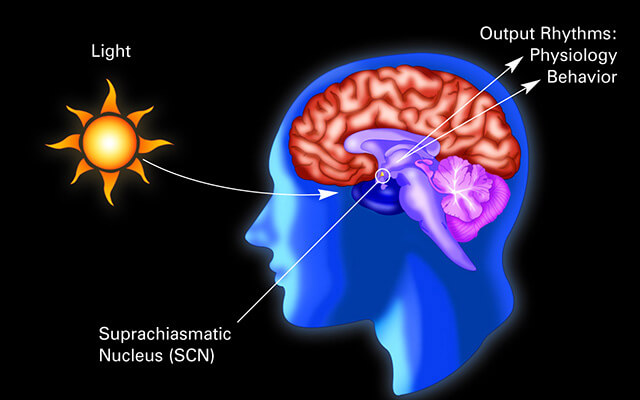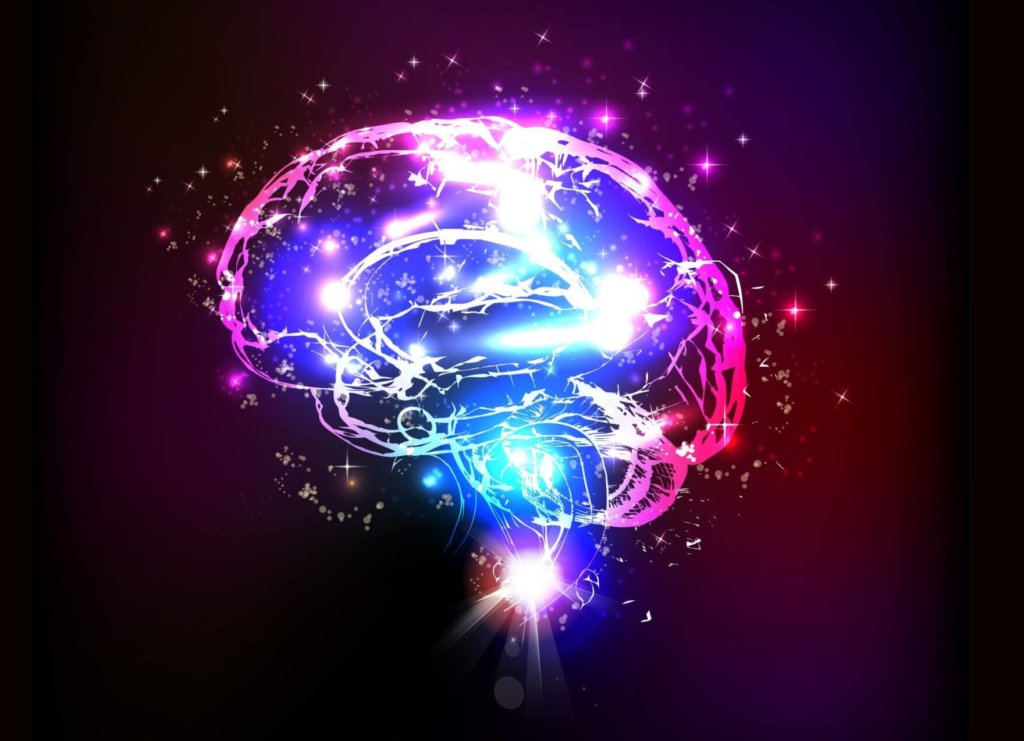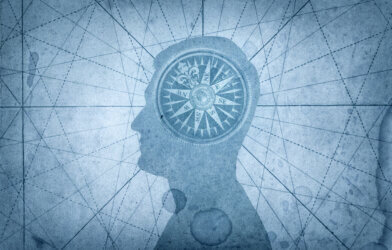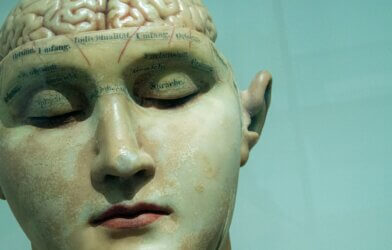In a groundbreaking study, Johns Hopkins University researchers have discovered that people can decipher what others are trying to learn just by observing their actions, challenging the conventional wisdom that humans lack the ability to “rewire” their brains. The findings, published in the Proceedings of the National Academy of Sciences, shed light on the neglected aspect of human cognition and carry implications for artificial intelligence.
The study, led by Chaz Firestone, an assistant professor of psychological and brain sciences, focused on “epistemic actions” – those performed when someone is attempting to acquire knowledge. Unlike “pragmatic actions” that involve routine tasks, epistemic actions involve a person trying to learn something, such as shaking a box to determine its contents.
In a series of experiments, 500 participants were asked to watch videos of individuals shaking boxes, with each video portraying a different epistemic goal – either determining the number or shape of objects inside. Surprisingly, the observers accurately identified the person’s learning intention in just a matter of seconds.
“What is surprising to me is how intuitive this is. People really can suss out what others are trying to figure out, which shows how we can make these judgments even though what we’re looking at is very noisy and changes from person to person,” said lead author Sholei Croom, a Johns Hopkins graduate student, in a statement.
The study reveals the intricate process by which individuals effortlessly make mental calculations to understand what someone else is trying to learn. These findings could also have implications for the development of artificial intelligence systems designed to interact with humans, such as commercial robot assistants that can intuitively understand customer needs.
“It’s one thing to know where someone is headed or what product they are reaching for. But it’s another thing to infer whether someone is lost or what kind of information they are seeking,” explained Firestone.
Looking ahead, the researchers aim to explore whether people can differentiate between someone’s epistemic and pragmatic intent and investigate the emergence of these observational skills in human development. They also plan to explore the possibility of building computational models to precisely detail how observed physical actions reveal epistemic intent.













